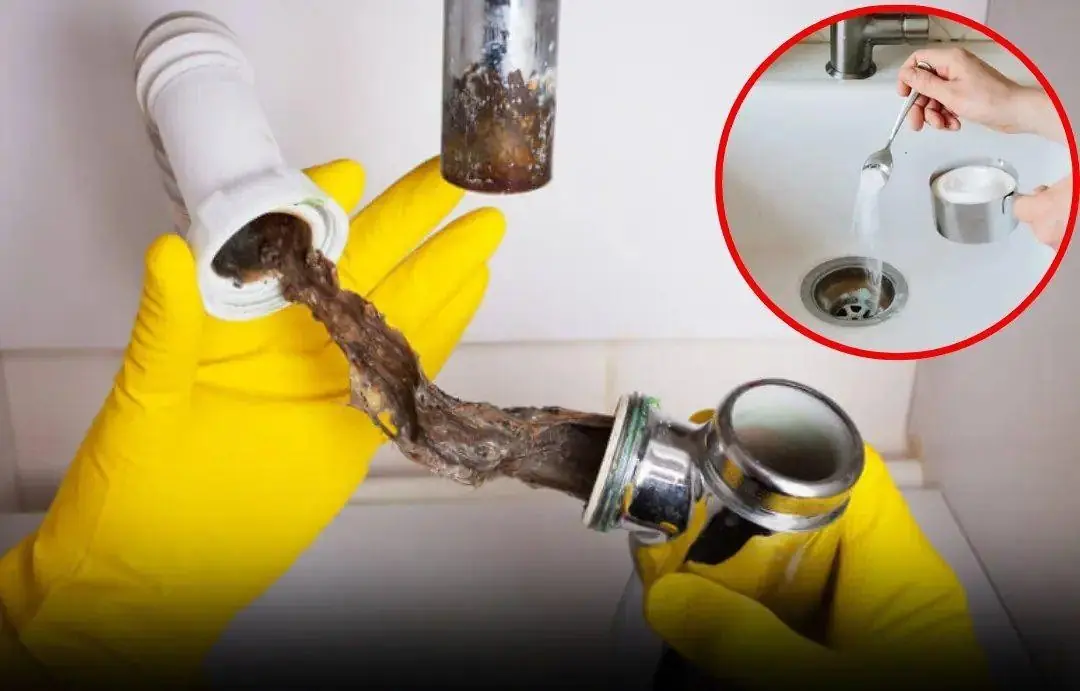
3 types of water that shouldn't be stored in a thermos
3 Types of Drinks You Should Never Store in a Thermos
While thermoses are convenient for keeping drinks hot or cold, not all beverages are safe to store in them. Some drinks can react with the materials inside the thermos, leading to contamination or other health risks. Here’s a look at the types of drinks you should avoid storing in thermoses:
1. Citrus-Based Drinks (e.g., Lemonade, Orange Juice)
Why to Avoid: Citrus fruits like lemons and oranges are acidic, and their juices can react with metals, especially if the thermos contains lead or low-quality materials. This can lead to the leaching of harmful substances into the drink. Prolonged exposure to acidic beverages can also degrade the lining of the thermos, potentially leading to lead poisoning.
Tip: It's best to store citrus-based drinks in glass or BPA-free containers, which are less likely to react with acidic liquids.
2. Alcoholic Beverages
Why to Avoid: Storing alcoholic drinks in thermoses, especially for long periods, can lead to unwanted chemical reactions. In some cases, alcohol can corrode certain thermos materials, releasing harmful substances. Additionally, alcohol can intensify the effects of metal contamination if the thermos is made from materials that contain lead or other harmful metals.
Tip: Alcoholic beverages should be consumed fresh or stored in containers designed for beverages like wine or spirits. Avoid thermoses for long-term storage of alcohol.
3. Hot Milk or Dairy Products
Why to Avoid: Dairy products, especially milk, are prone to bacterial growth if kept at improper temperatures. A thermos may not always maintain the ideal temperature for milk, and prolonged exposure to heat can cause the milk to spoil quickly, leading to foodborne illness. Furthermore, if the thermos is made from materials that are prone to corrosion, milk can interact with the materials and become contaminated.
Tip: Store milk or dairy products in insulated containers specifically designed for liquids that need to be kept cold or hot for a short time, ensuring safe consumption.
Additional Tips for Safe Thermos Use:
-
Always check the material of the thermos to ensure it is free of harmful substances such as lead or BPA.
-
Avoid leaving beverages in a thermos for extended periods—especially acidic or dairy drinks—to minimize the risk of contamination.
-
Regularly clean your thermos to prevent buildup and bacteria growth inside.
By following these guidelines, you can enjoy the convenience of your thermos without compromising your health. Let me know if you'd like more tips or information on safe storage practices for beverages!
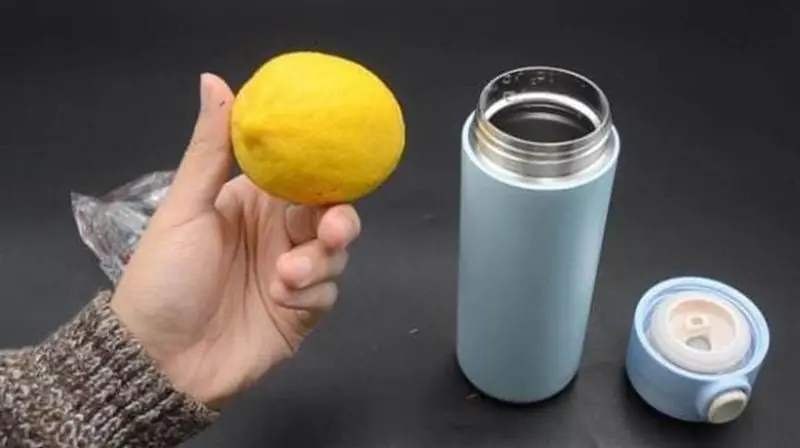
News in the same category

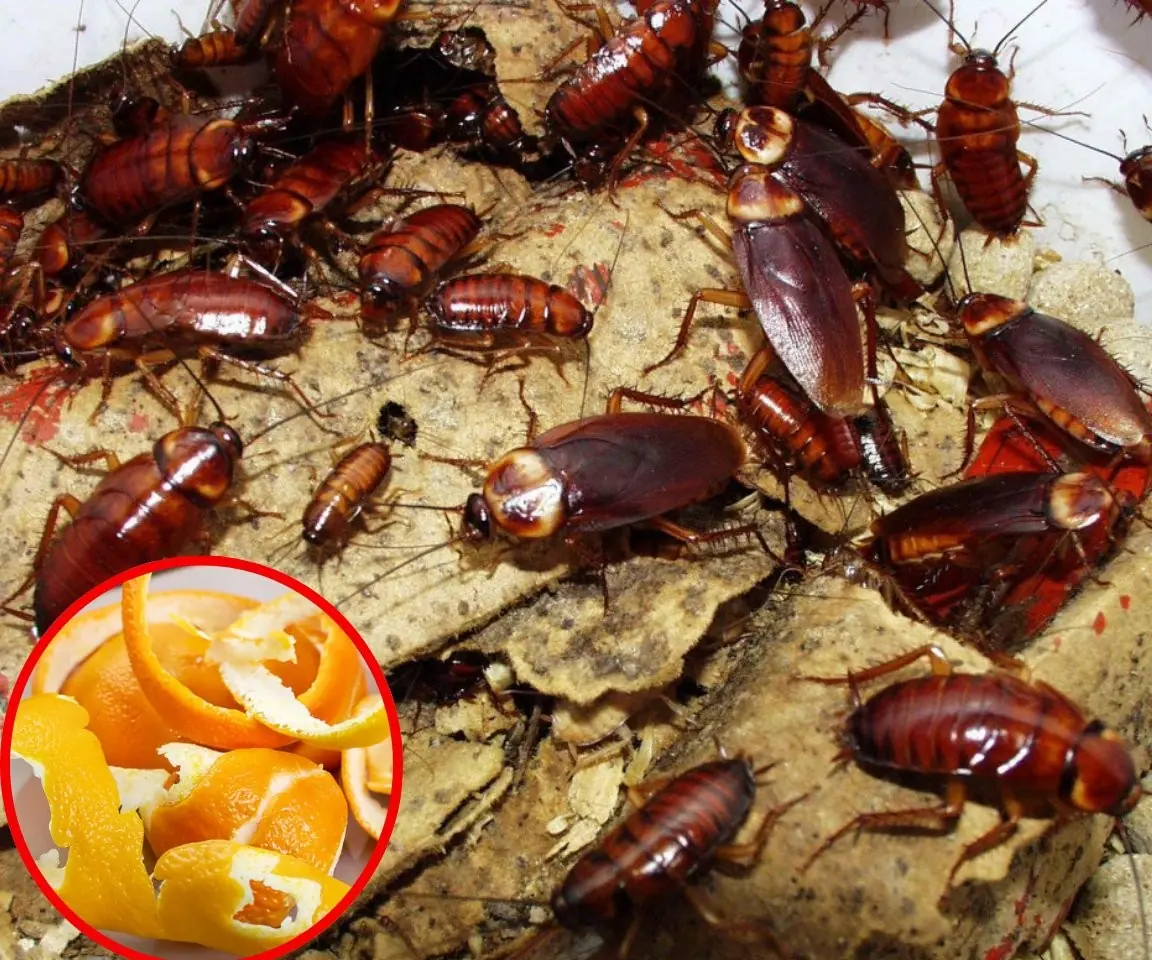
To get rid of cockroaches, you can use several natural ingredients commonly found at home.

Sprinkle One Spoonful of This When Frying Fish: Perfect Golden Crisp, Even Cooking, and No More Sticking to the Pan
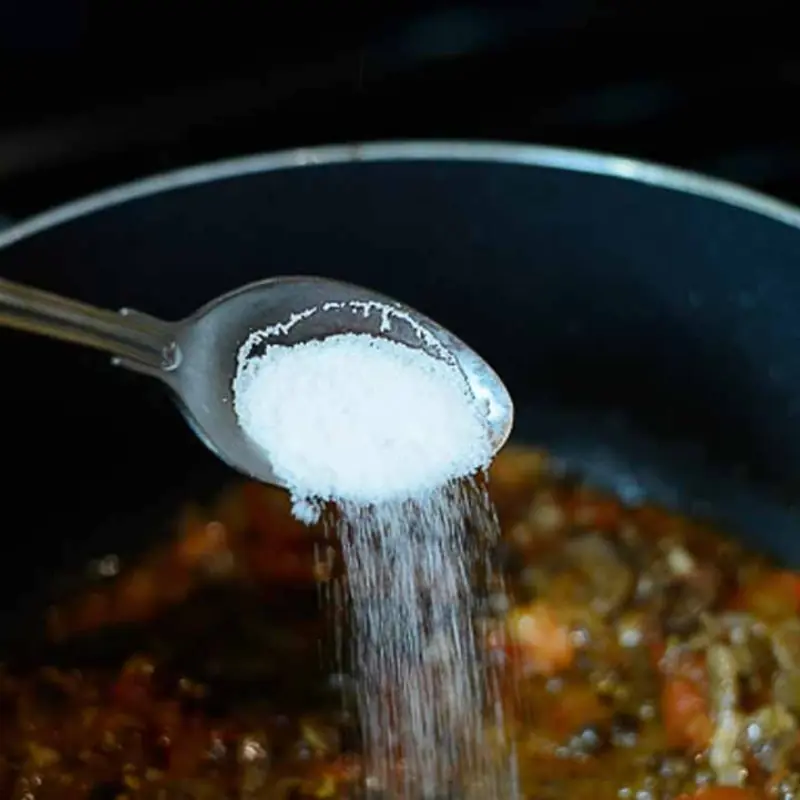
Added Too Much Salt While Cooking? Don’t Add Water — Use This Ingredient to Balance the Flavor

A little-known secret to keeping ginger fresh and delicious
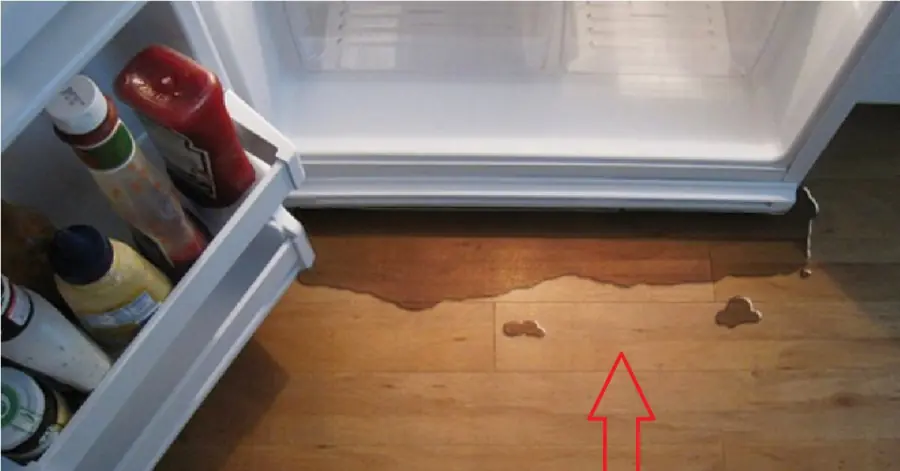
How to fix a leaking refrigerator: Simple solutions and tips to extend its lifespan
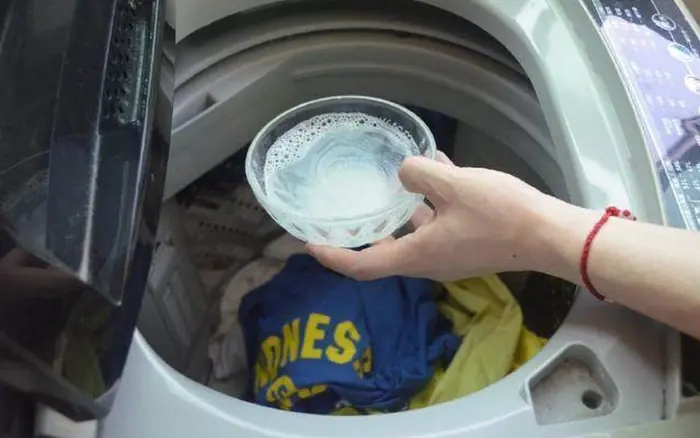
When washing clothes, don't just put in detergent. Let me teach you a little trick

Oranges Are in Season, but Doctors Warn: Never Eat Oranges With These Three Types of Foods
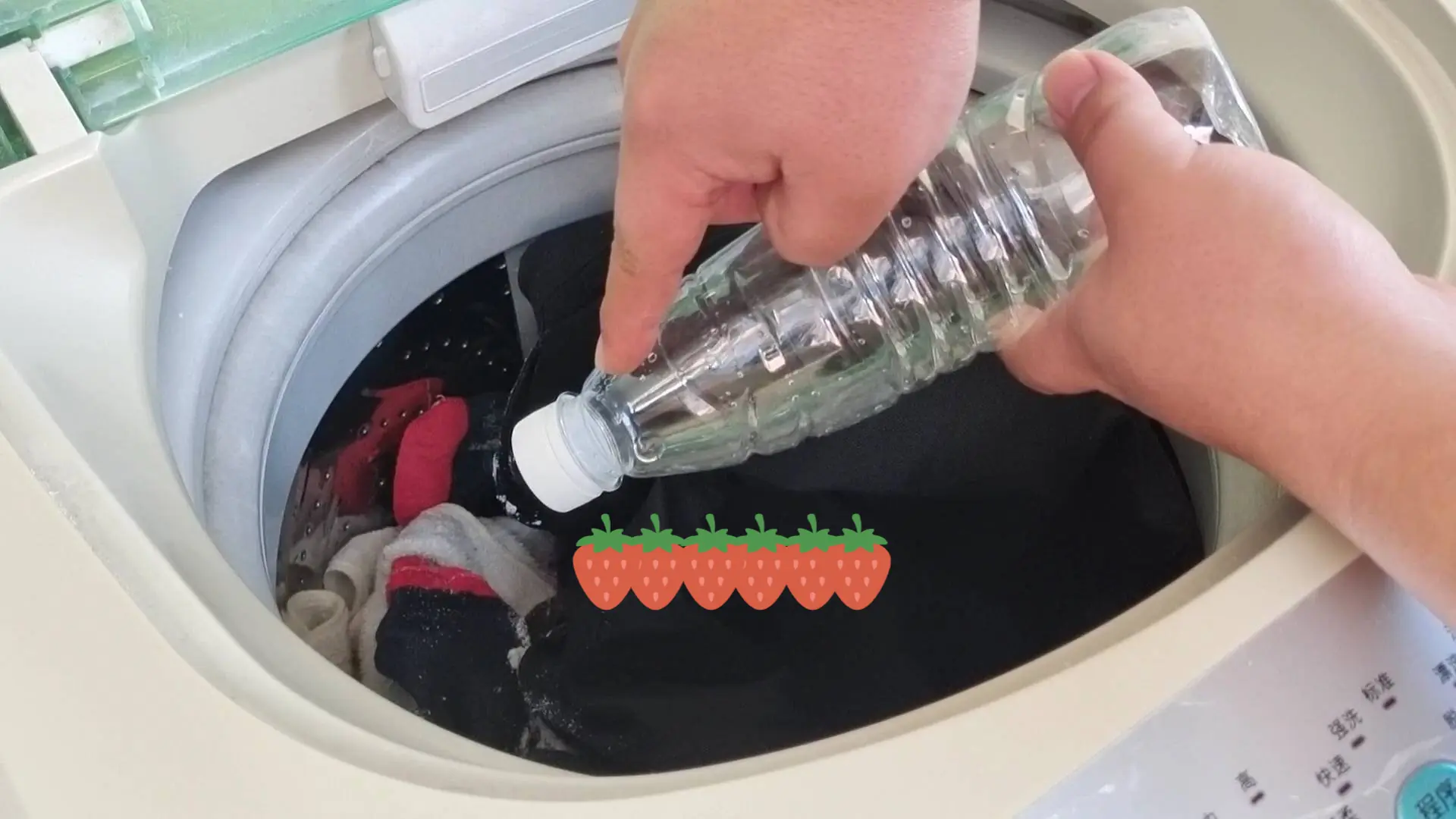
Put an empty plastic bottle in the washing machine — the person who invented this hack must have sky-high IQ
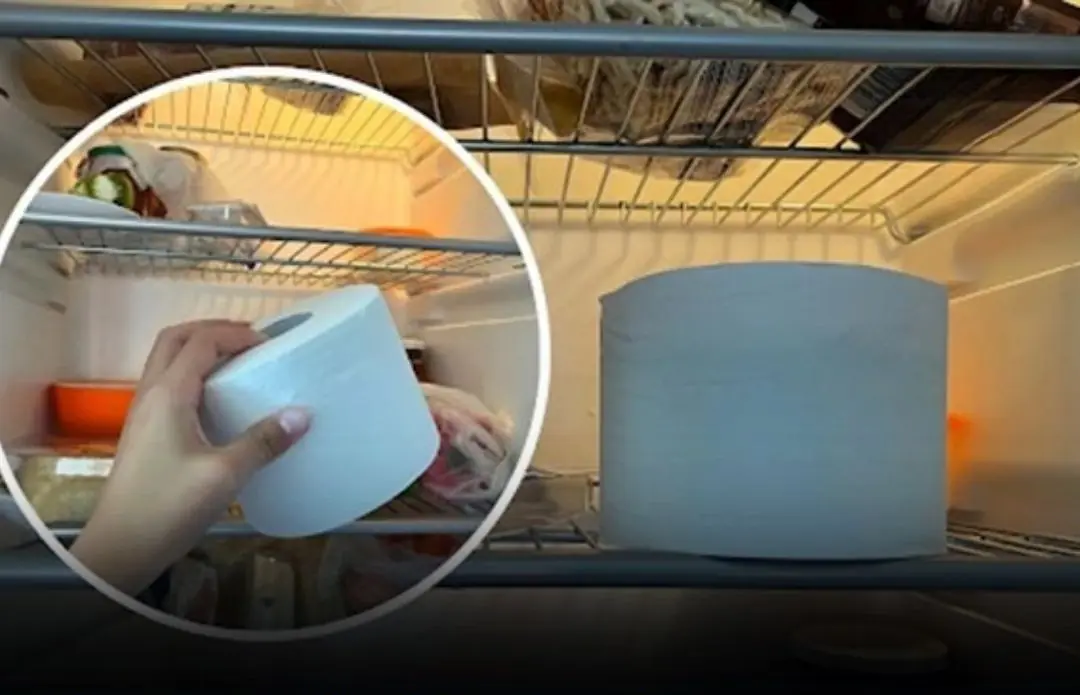
This Surprising Hack Could Save You Thousands

Warm Water Each Morning Can Be a ‘Healing Tonic’—But It Turns into ‘Toxic Water’ If You Drink It in These 3 Harmful Ways

5 Surprising Changes That Happen to Your Body When You Drink Warm Lemon Water Every Morning

Snakes are very afraid of the smell of these 3 plants

When bitt.en by a snake, you should do these things first

There is a “secret button” on your washing machine — pressing it once can cut your electricity bill by 62%

The Phone’s Volume Buttons Have 6 Hidden Functions — Extremely Practical! Not Knowing Them Is Truly a Waste!

Amazing functions that many people don’t know about
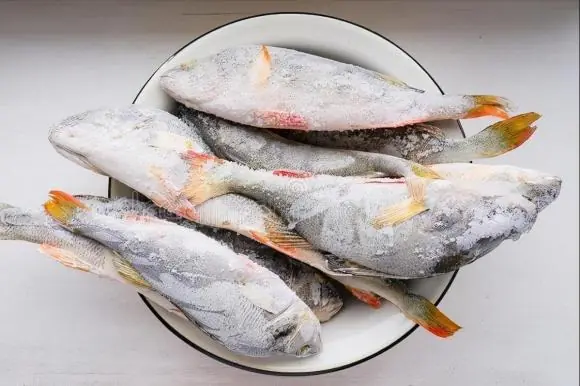
3 fast and reliable methods to defrost fish safely and keep it ready for perfect cooking

7 powerful scents that repel snakes and keep your home safe

Put them in your home and mice will run away
News Post

Creamy Cajun Chicken Pasta

Creamy Chicken Stuffed Puff Pastry
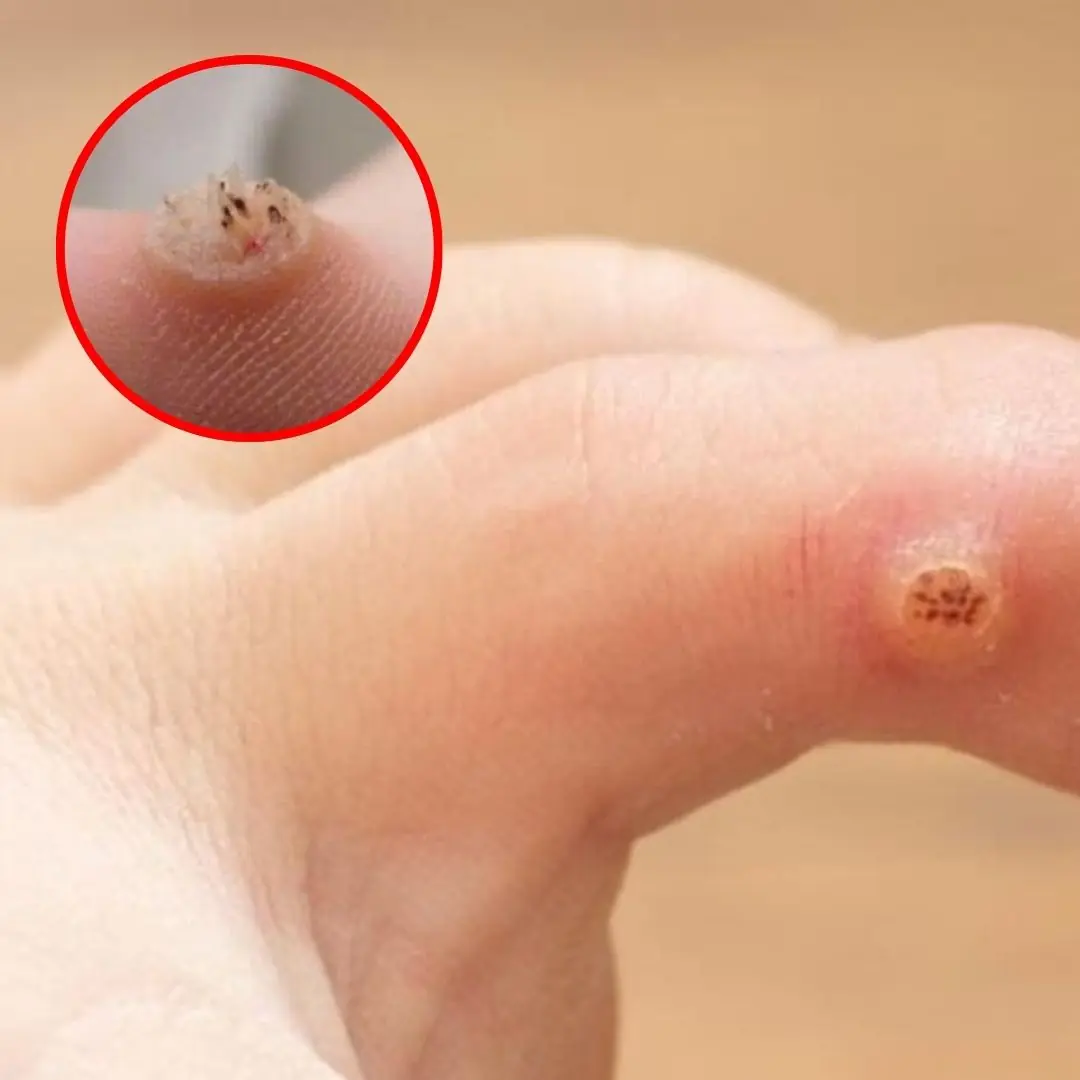
6 Types of Warts (Signs, Symptoms, Home Remedies, and Treatment)

Naso.phary.ngeal can.cer: The quiet dis.ease you shouldn’t ignore - signs, risks and how to protect yourself
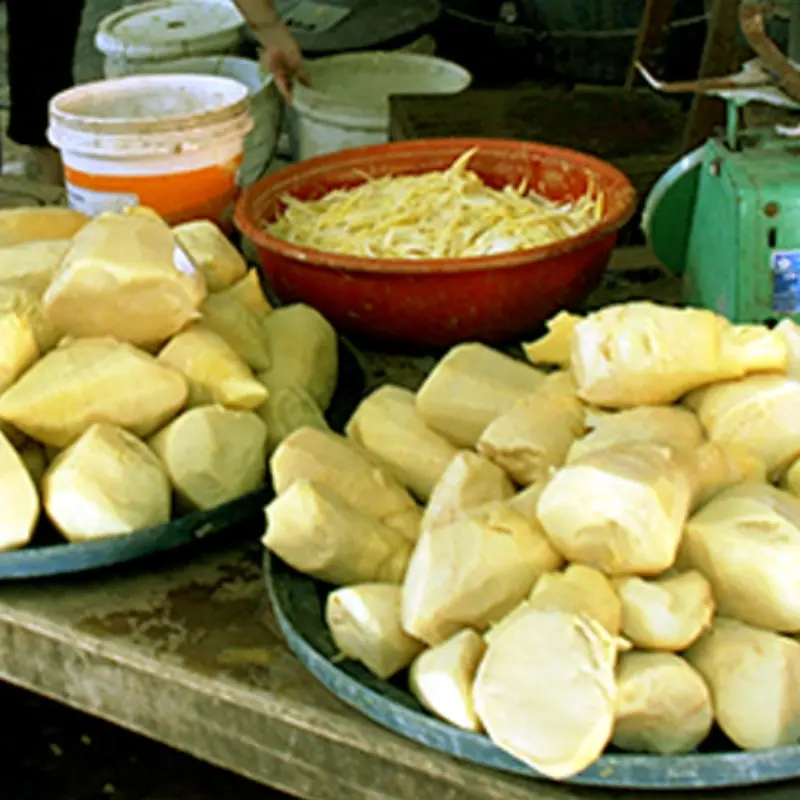
Five Fruits Often Labeled “Can.cer-Causing”: What Doctors Say and the Truth Behind the Warning
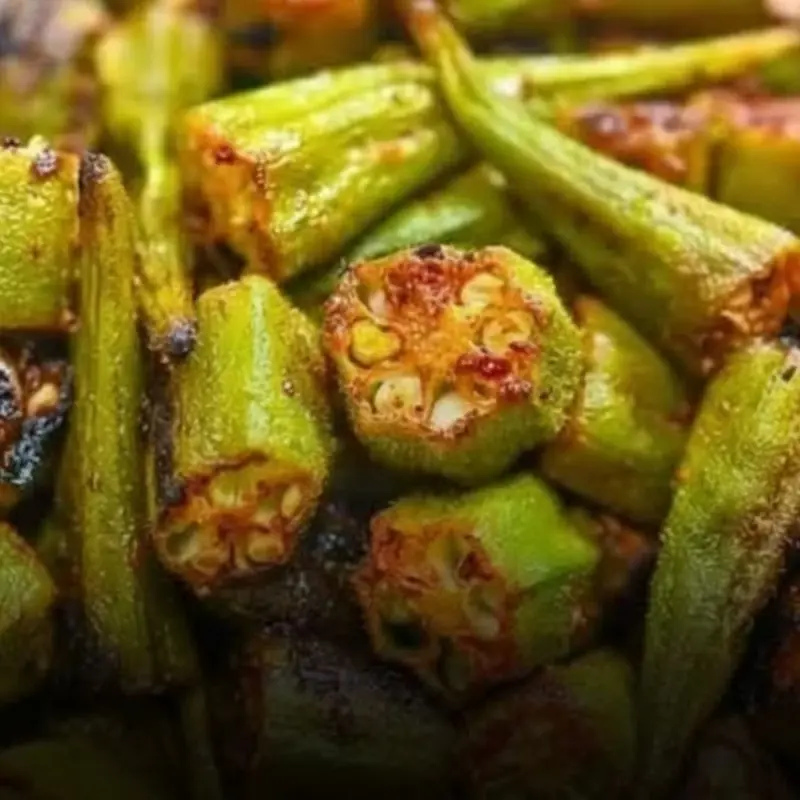
Doctors Reveal That Eating Okra May Cause Unexpected Effects Many People Don’t Know About

Why Do Japanese People Wear Socks to Sleep — No Matter the Season?

Doctors Warn: Dangerous Eating Habits Behind Painful Stomach Ulcers

High Blood Pressure and High Cholesterol? Avoid These 3 Things Every Morning to Protect Your Health

Your feet are a "b.lo.o.d sugar meter" beware of diabetes if you frequently experience these 12 symptoms
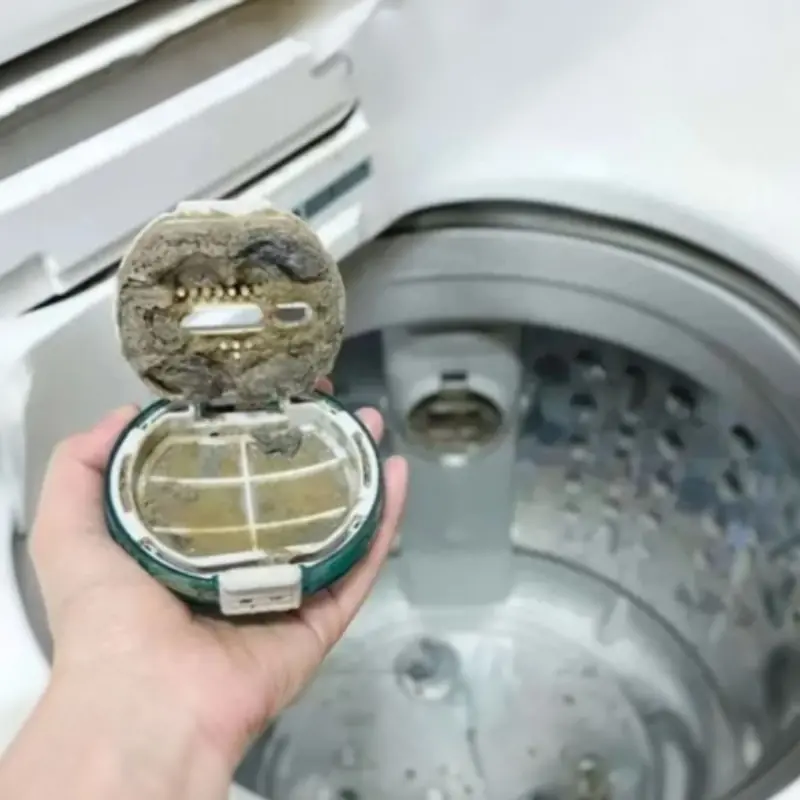
There Is a Small Part Inside Your Washing Machine Open It Once a Month to Keep the Drum Clean and Your Clothes Smelling Fresh
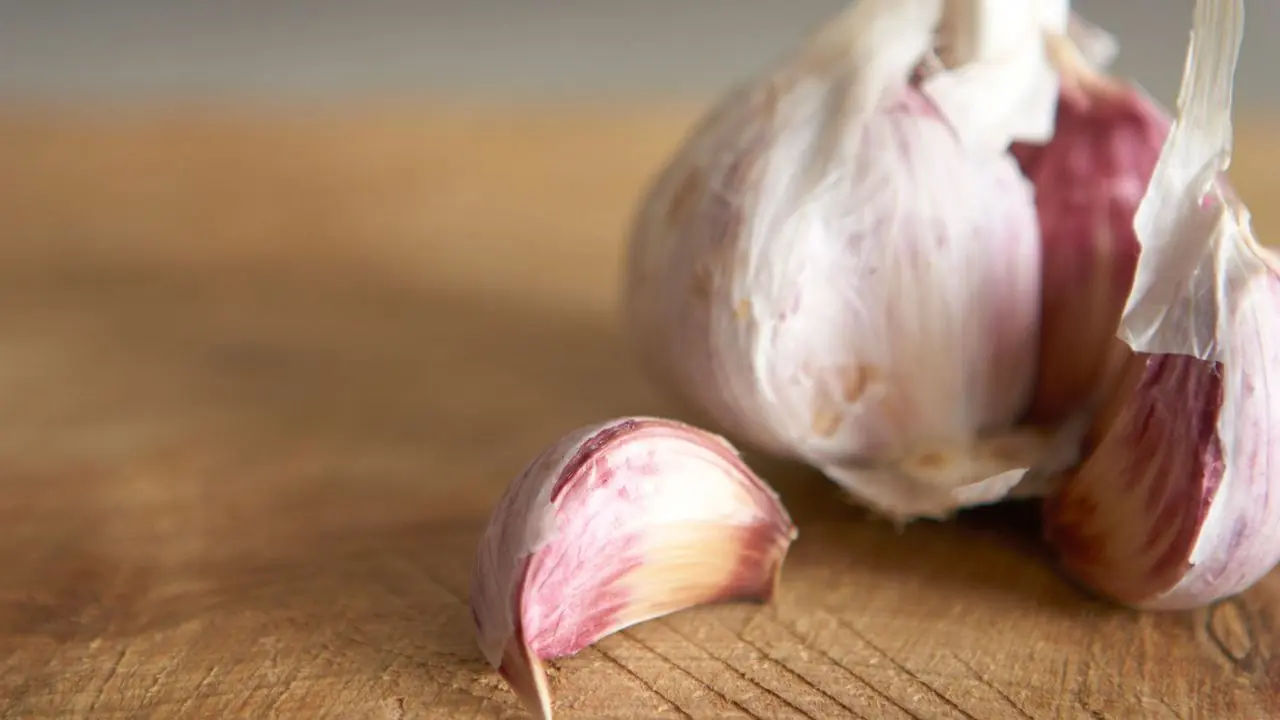
Here’s Exactly What Happens to Your Body When You Eat Garlic Every Day

What happens to people who regularly eat sweet potatoes for breakfast over a long period of time?

A De.a.dly Disease That Can K.i.ll Within Hours: Fatigue and Shortness of Breath in Children Should Never Be Ignored

A Shocking Family Revelation: From Rejection to Inheritance

One Month Before a Heart Attack, Your Feet May Warn You With These 6 Signs

Simple tips to deal with clogged pipes at home
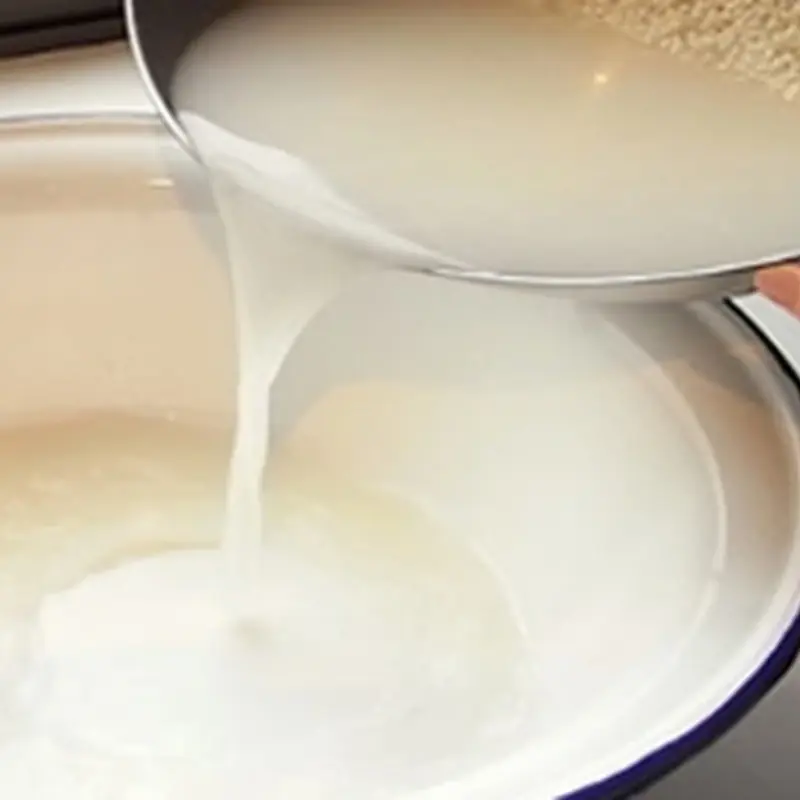
Don’t Throw Away Rice-Washing Water: Discover Its Surprising Uses That Can Help You Save a Fortune

Shoulder discomfort may warn of liver can.cer in its early stages
